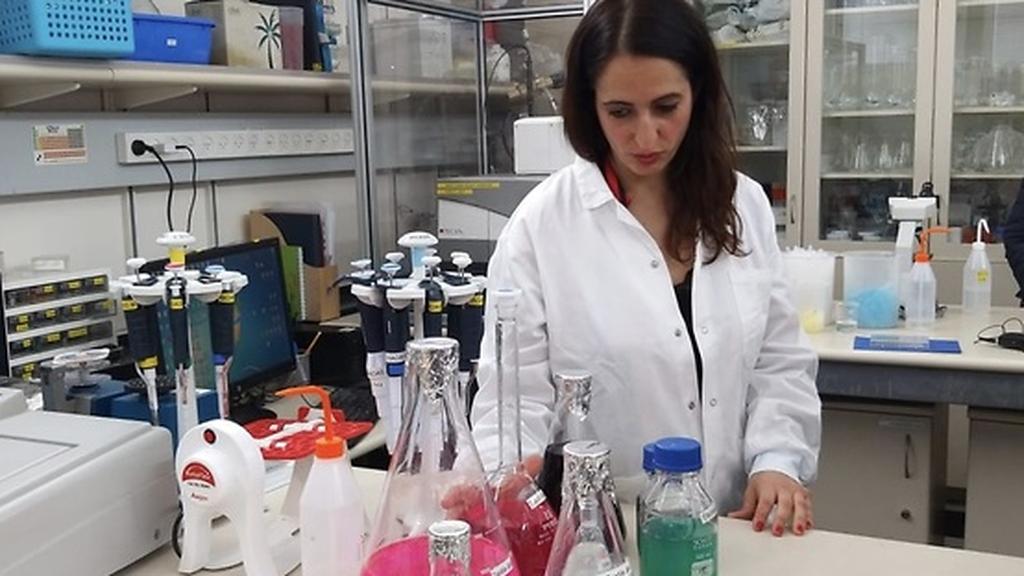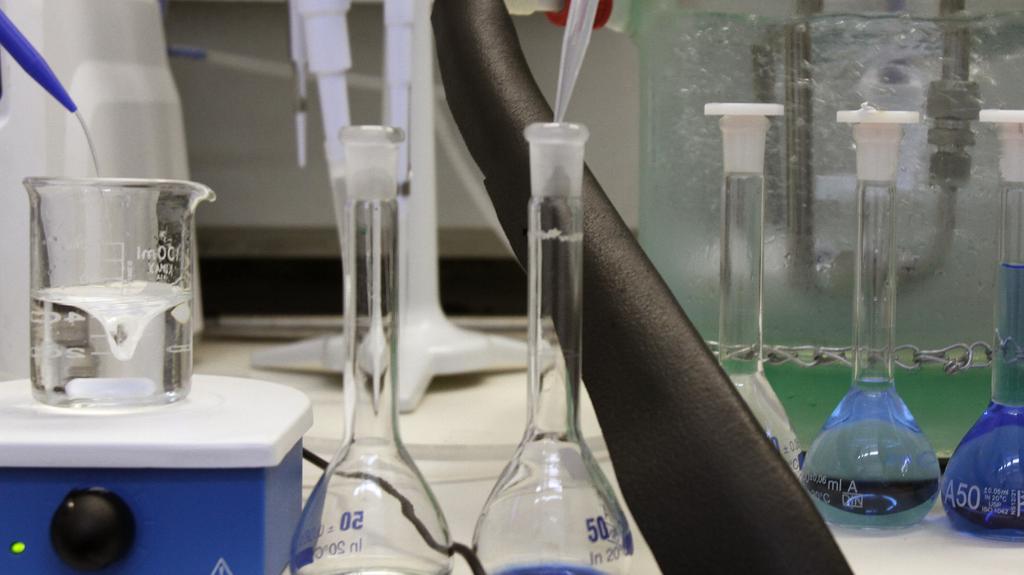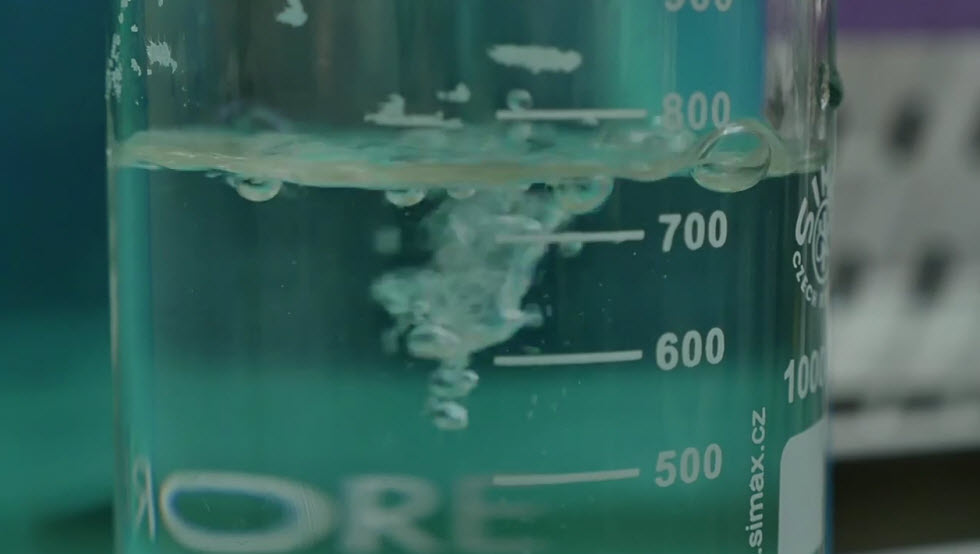Israeli scientists have come up with a "simple" and low-cost method to turn waste into ethanol for use as sanitizers in the battle against the novel coronavirus.
Prof. Hadas Mamane of Tel Aviv University and her team have been working for the past five years on recycling waste and transforming it into alcohol.
Now, in response to the global demand for hand sanitizers, they have focused on the production in Israel of ethanol to replace the need to import alcogels.
"Here we have paper residue from a factory, some straw from a zoo and grass collected from Tel Aviv municipality," Mamane said in her laboratory.
She inserted small amounts of each into a reactor and added ozone gas. Ethanol has long been produced from vegetable sources such as sugar cane or corn but in a complex and costly procedure.
"Our breakthrough in TAU managed to use low dose ozone to make this process in a much smaller and cheaper scale," the professor said."Now we can create ethanol in a way that is easier, cheaper, smaller, and good for the environment."
She said the method devised in a joint study with Prof. Yoram Gerchman of Haifa University uses small quantities of ozone on different waste products.
"We manage to show that we can produce ethanol in a simple and green way respectful of the environment, that doesn't generate toxins," said Mamane.
She said it takes four or five days to produce alcohol from waste that undergoes the process of ozonization and the removal of enzymes and conservatives.
Israel alone produces over 620,000 tonnes of vegetable waste each year, according to Mamane, predicting a two-year time frame for commercialization of the method.
The country earned praise in March and April for its fast action against the novel coronavirus pandemic, including the imposition of early travel restrictions. But its reopening strategy has faced criticism as cases have shot up.
Israel has recorded more than 33,000 novel coronavirus infections, including 348 deaths.




